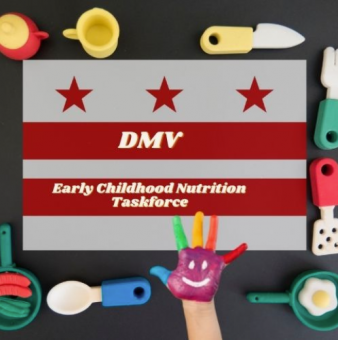- Education Topics
- Achievement Gap
- Alternative Education
- American Education Awards
- Assessment & Evaluation
- Education during COVID-19
- Education Economics
- Education Environment
- Education in the United States during COVID-19
- Education Issues
- Education Policy
- Education Psychology
- Education Scandals and Controversies
- Education Reform
- Education Theory
- Education Worldwide
- Educational Leadership
- Educational Philosophy
- Educational Research
- Educational Technology
- Federal Education Legislation
- Higher Education Worldwide
- Homeless Education
- Homeschooling in the United States
- Migrant Education
- Neglected/Deliquent Students
- Pedagogy
- Sociology of Education
- Special Needs
- National Directories
- After School Programs
- Alternative Schools
- The Arts
- At-Risk Students
- Camps
- Camp Services
- Colleges & Universities
- Counties
- Driving Schools
- Educational Businesses
- Financial Aid
- Higher Education
- International Programs
- Jewish Community Centers
- K-12 Schools
- Language Studies
- Libraries
- Organizations
- Preschools
- Professional Development
- Prom Services
- School Assemblies
- School Districts
- School Field Trips
- School Health
- School Supplies
- School Travel
- School Vendors
- Schools Worldwide
- Special Education
- Special Needs
- Study Abroad
- Teaching Abroad
- Volunteer Programs
- Youth Sports
- For Schools
- Academic Standards
- Assembly Programs
- Blue Ribbon Schools Program
- Educational Accreditation
- Educational Television Channels
- Education in the United States
- History of Education in the United States
- Reading Education in the U.S.
- School Grades
- School Meal Programs
- School Types
- School Uniforms
- Special Education in the United States
- Systems of Formal Education
- U.S. Education Legislation
- For Teachers
- Academic Dishonesty
- Childcare State Licensing Requirements
- Classroom Management
- Education Subjects
- Educational Practices
- Interdisciplinary Teaching
- Job and Interview Tips
- Lesson Plans | Grades
- Professional Development
- State Curriculum Standards
- Substitute Teaching
- Teacher Salary
- Teacher Training Programs
- Teaching Methods
- Training and Certification
- For Students
- Academic Competitions
- Admissions Testing
- At-Risk Students
- Career Planning
- College Admissions
- Drivers License
- Educational Programs
- Educational Television
- High School Dropouts
- Higher Education
- School Health
- Senior Proms
- Sex Education
- Standardized Testing
- Student Financial Aid
- Student Television Stations
- Summer Learning Loss
DMV Early Childhood Nutrition Taskforce

Basic Information
Address: Washington, DC 20019
Phone Number: 202-351-6163
Email: admin@dmvearlychild.org
Person of Contact: Shenita-Ann Grymes
Action Shots
* There are currently no photos associated with this listing.
Additional Information
Organization's history:: The DMV Early Childhood Nutrition Taskforce, DECNT, stives to provide community supported agriculture food delivery, parenting education groups, and the like activities as pillars to build the foundation for healthier communities. Since the inception of the DMV Early Childhood Nutrition Taskforce, ~1500 meals (250 families) have received food donations, over a dozen families have received health coaching and staff wellness sessions for educators are conducted monthly.
Mission: The mission of the DMV Early Childhood Nutrition Task Force is to improve the health, fiscal, and social lives of low-income families through care, collaboration, and consistent support through the early childcare sector.
Goals: Our novel program, "The Taskforce," will support the Down with Generational Type II Diabetes © programming through supporting physical and nutrition education while providing staff wellness solutions to early childcare providers. Specifically our program provides family support groups, health screenings and one-to-one health coaching for families & early childhood educator staff team building. Leading to enhanced positive eating environments for families, decrease in the incidence of staff leave due to lifestyle illness, and better management of type II diabetes for parents of young children.

